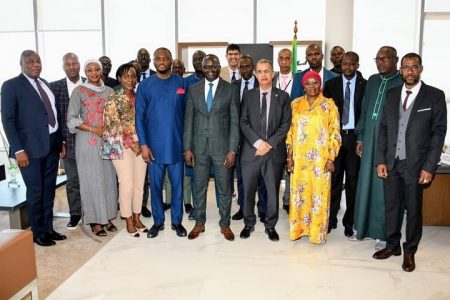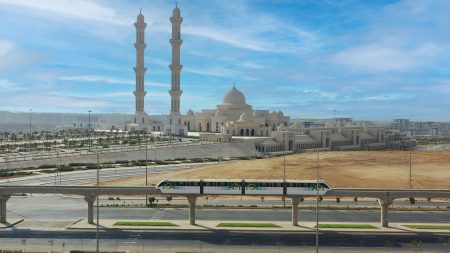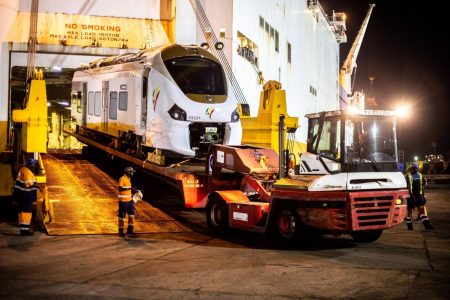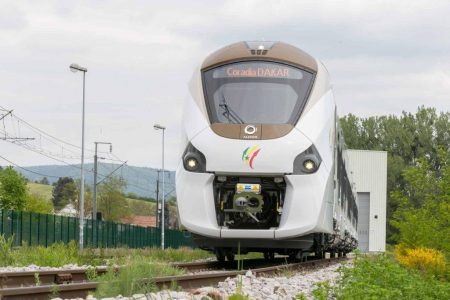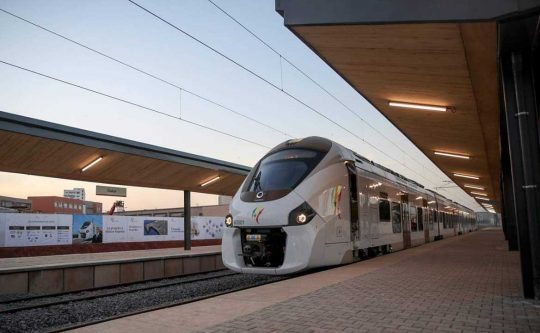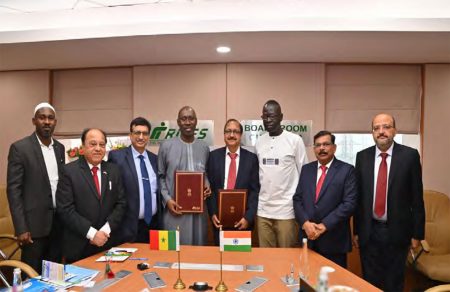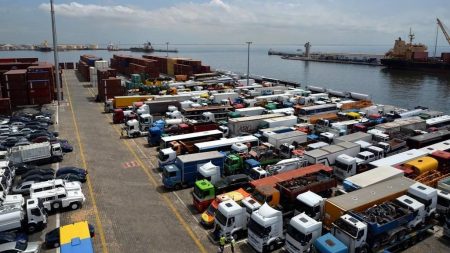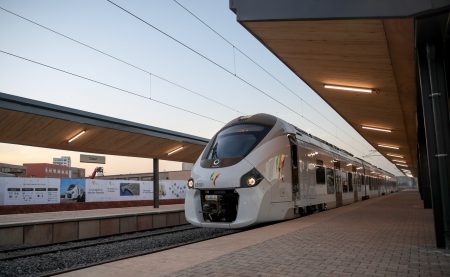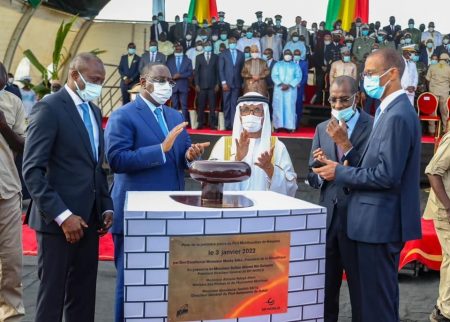This content is for Premium Subscribers only. To view this content, login below or subscribe as a Premium Subscriber.
Related News Articles
Senegal’s Railway Evolution: Safety Must Be at the Centre of Transformation
01 August 2025
West Africa, Senegal
6 min
Dakar TER Phase 2 Nears Completion as SENTER General Manager Conducts Site Visit
06 February 2025
West Africa, Senegal
1 min
First Train of Phase II for Dakar’s Regional Express Train Project Arrives
13 October 2024
West Africa, Senegal
1 min
International Forum On The Financing Of Rail Projects In Africa
31 October 2023
West Africa, Senegal
3 min
CAF Secures New Regional Train Contracts Including 7 Units For Senegal
14 April 2023
West Africa, Senegal
2 min
Training For Senegal’s GTS Sales Staff
29 July 2022
West Africa, Senegal
1 min
2 min
1 min
Dakar Terminal Becomes The 5th Port Concession To Be Granted Green Terminal Label
28 January 2022
West Africa, Senegal
1 min

